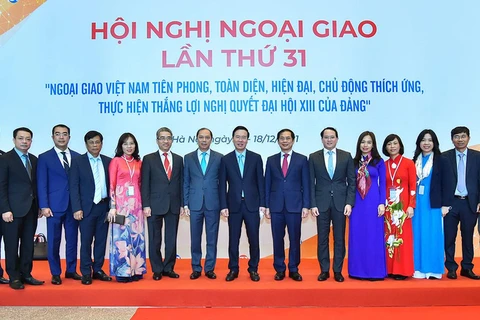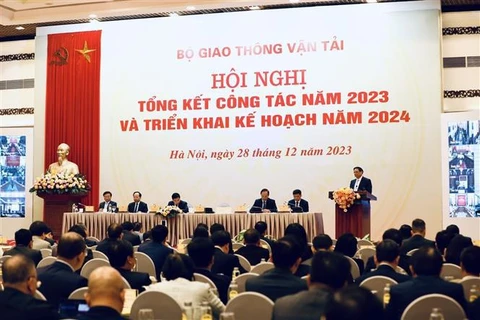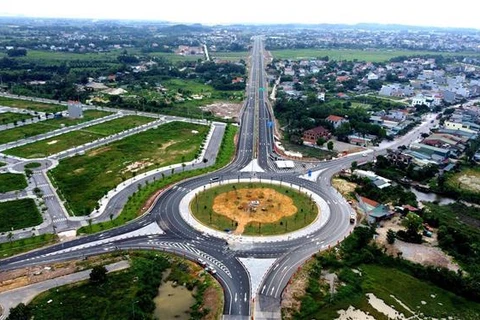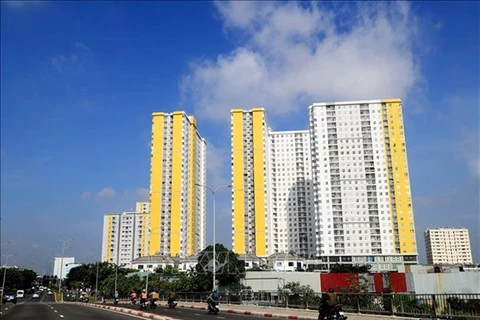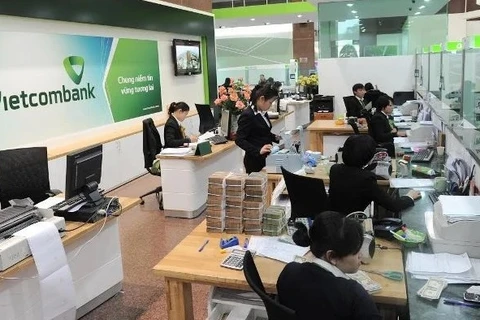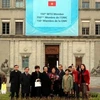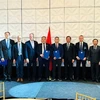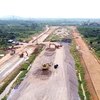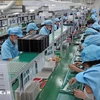Hanoi (VNA) – Domestic and international scholars and economists on February 22 attended a discussion in Hanoi to review the socio-economic development of Vietnam in the last 30 years and propose measures for the country to respond to new challenges in the coming time.
The event was held by the National Economics University (NEU) and Japan’s National Graduate Institute for Policy Studies (GRIPS).
At the event, domestic and international speakers presented their views on Vietnam's development situation over the past 30 years and analysed the shortcomings and problems of the economy.
They also examined Vietnam's development policies, shared the experiences of countries in the region in building and implementing development policies, and suggested policies for the Government, and the Vietnamese business community to respond to new challenges.
According to participants, 2024 – 2030 is a decisive period for Vietnam to transform itself into an industrialised country following Vietnam's economic and social development strategy for the 2021 – 2030 period. Development opportunities are opening up for Vietnam, especially under the impacts of globalisation, international economic integration, and the fourth industrial revolution.
NEU Rector Professor Dr. Pham Hong Chuong said that to become a developed country with high income by 2045, Vietnam’s economy must achieve an average growth rate of 7% yearly over the next 20 years.
According to him, the country’s future is shaped by several major trends including the 4.0 Industrial Revolution, digital technology, and Artificial Intelligence. They bring both advantages and challenges for the country, he said, adding that political instabilities and conflicts in parts of the world also pose unprecedented challenges and can hinder the development process of the world and Vietnam as well in the coming time.
Professor Kenichi Ohno from the GRIPS assessed that Vietnam's labour productivity is at a moderate level, without a breakthrough in productivity. Moreover, many foreign-invested enterprises consider Vietnam a place to carry out simple processes rather than high-tech design and production, which makes Vietnam heavily dependent on FDI to export and transform its economic structure, he said, suggesting that Vietnam needs to improve its leadership capacity and further promote technology and innovation./.

